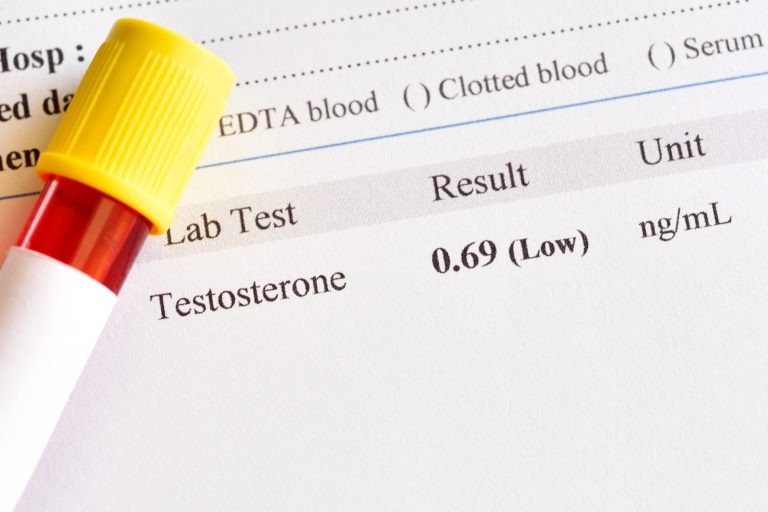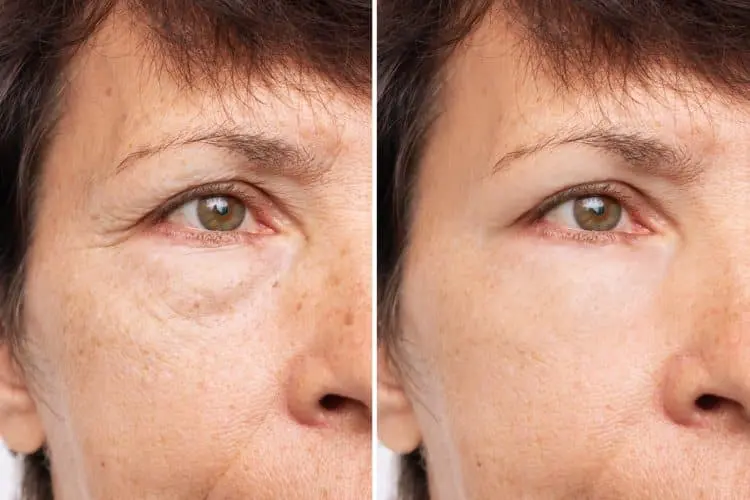The Most Common Neck Problems And How To Resolve Them
Neck pain is one of the most common complaints heard by medical professionals. It’s estimated that around two-thirds of people will experience neck pain at some point in their lives, and for many, it becomes a chronic problem.
Neck problems can be caused by anything from poor posture to an injury or arthritis. They can also be a sign of an underlying health condition such as fibromyalgia or meningitis.
Neck Strain
Neck strain is one of the most common causes of neck pain and can be caused by repetitive motions such as working at a computer or when carrying heavy luggage. Some people may experience pain when turning their heads or a feeling of pressure in the neck area.
To relieve the discomfort, apply an ice pack to the area for 15 minutes several times a day and use over-the-counter pain medications such as ibuprofen or acetaminophen. Gentle stretches can also help reduce tension in your neck muscles, just be sure not to overstretch or overexert yourself.
You can also prevent neck strain by taking frequent breaks from your desk or computer to stretch out and practice good posture.
Cervical Spondylosis
Cervical spondylosis is a degenerative disc disorder that affects the vertebrae in the neck. It usually occurs due to wear and tear on the spine, though it can also be caused by an injury or carrying heavy items. Symptoms of cervical spondylosis include pain, stiffness, and decreased range of motion in the neck. Sometimes it can also cause a tingling sensation or numbness in the arms, fingers, and shoulders.
To manage this condition, your doctor may prescribe physical therapy exercises to help strengthen and stretch your neck muscles as well as medications for the pain. It’s also important to practice good posture and ergonomics to reduce strain on your neck. Medications like non-steroidal anti-inflammatory drugs (NSAIDs), and sometimes surgery if more conservative measures don’t work are also possible treatments.
Whiplash
Whiplash is a neck injury caused by an abrupt back-and-forth movement of the head, as with a car accident or sports injury. Symptoms can include pain and stiffness in your neck as well as headaches, dizziness, and blurred vision.
To treat whiplash, rest your neck and take pain medications as recommended by your doctor. Cold packs or warm compresses can also help to reduce inflammation and alleviate the pain. If symptoms persist despite treatment, you should consider seeing a physical therapist who can teach you exercises to strengthen neck muscles and improve your range of motion.
On the other hand, there are also home remedies you can try to reduce the pain such as getting enough rest and changing your sleeping position. Gentle neck stretches can help with the range of motion as well.
Neck Arthritis
Neck arthritis is a condition that affects the joints in your neck, causing inflammation and stiffness. It can be caused by wear and tear, injury, or a virus. Symptoms of neck arthritis include pain that increases with certain movements such as turning your head or when you press on the affected area.
Additionally, you may experience muscle stiffness, tenderness in your neck and shoulder area, a decrease in range of motion, or even headaches. To treat neck arthritis, your doctor may recommend medications such as non-steroidal anti-inflammatory drugs (NSAIDs), corticosteroids to reduce inflammation, or opioids for more severe pain. You can also try using a heating pad or taking hot showers to soothe the pain.
It’s also important to practice good posture and ergonomic tips when sitting or standing, as well as engaging in low-impact exercises such as yoga or swimming that don’t put too much strain on the neck. Additionally, you can try using a cervical pillow for better support when sleeping.
Osteoporosis
Osteoporosis is a condition in which the bones become thin and brittle due to a lack of calcium. It can affect any part of the body, including the neck. When people with osteoporosis have an injury in their neck, it can be very serious because even minor movements can cause fractures. The risk of fracture increases with age, so prevention is key.
The most important thing you can do to help prevent osteoporosis in your neck is to keep up with regular doctor visits and follow the advice of your physician about calcium supplements or other treatments that may be recommended for maintaining strong bones. Exercise also plays a role in keeping bones healthy and strong, but it’s important to avoid activities that can cause further neck injury.
If you think you may have osteoporosis, your doctor may order a bone density test or X-rays to look for signs of bone weakness.
Meningitis
Meningitis is an inflammation of the membranes that surround the brain and spinal cord, usually caused by a viral or bacterial infection. Symptoms include fever, headache, neck stiffness, rash, confusion, and sensitivity to light. Treatment typically involves antibiotics or antiviral medications and in some cases hospitalization for further evaluation or treatment.
Neck pain and meningitis are strongly correlated because the inflammation of the membranes can cause swelling and pressure on the nerves in the neck. If left untreated, meningitis can lead to severe neurological damage, seizures, hearing loss, or even death.
To prevent meningitis or reduce its chances of developing further complications, people need to get vaccinated against the most common forms of meningitis, practice good hygiene, and avoid coming into contact with people who have been infected. If symptoms do develop, it is important to seek medical attention immediately. Early diagnosis can improve treatment success and reduce the risk of long-term complications.
Whatever the cause, there are steps you can take to ease your discomfort and improve your quality of life, so let’s look at several common neck problems and how to resolve them so you can get back on track with living your best life!
Neck pain can be caused by a wide range of conditions and some are more serious than others. It is important to know the symptoms so you can seek medical advice right away if needed.
Many neck problems have treatments that involve medications, physical therapy, or lifestyle changes such as exercising regularly and practicing good posture. Additionally, home remedies like rest and hot showers may help reduce discomfort in the short term.
When it comes to your health, prevention is always better than cure – make sure you keep up with regular doctor visits and stay abreast of any changes in your condition!







